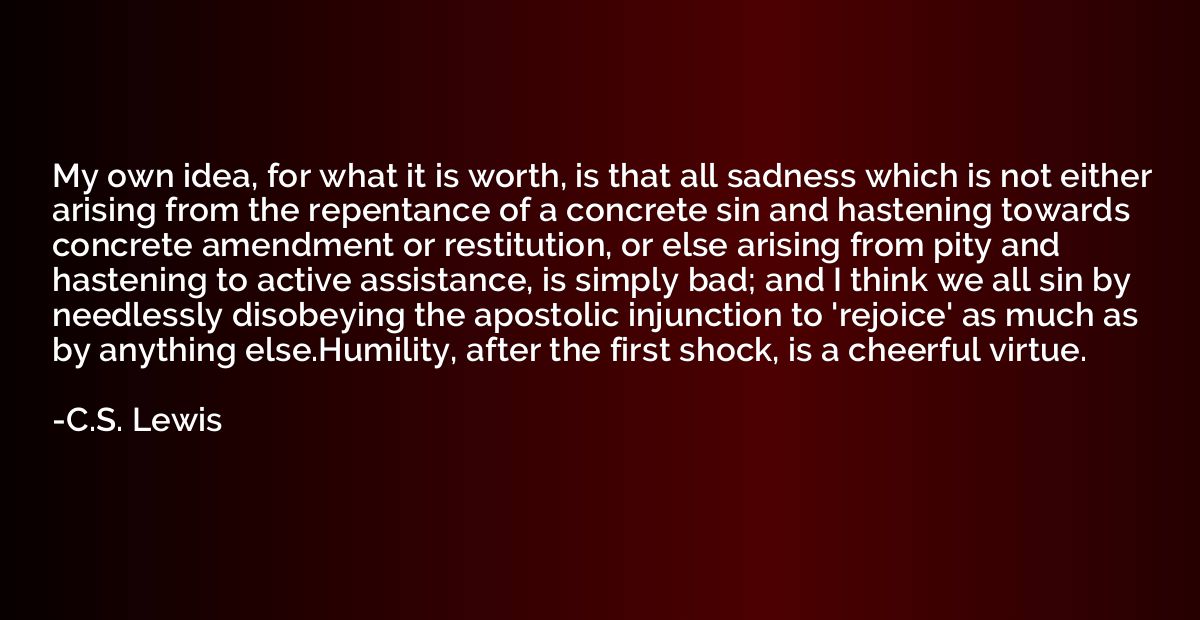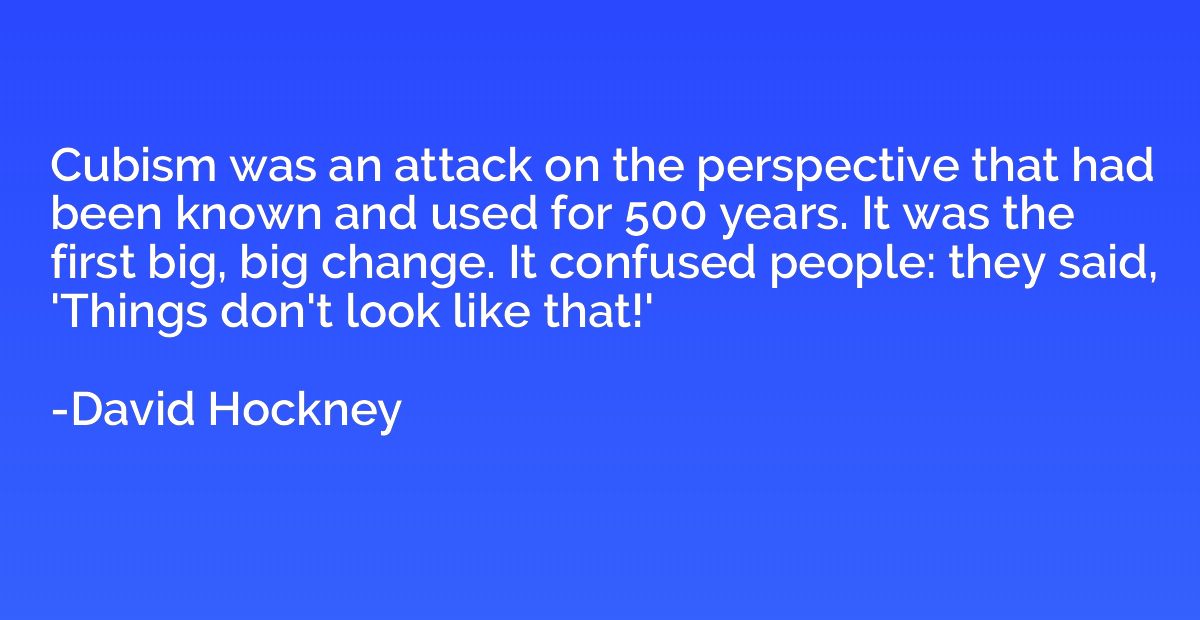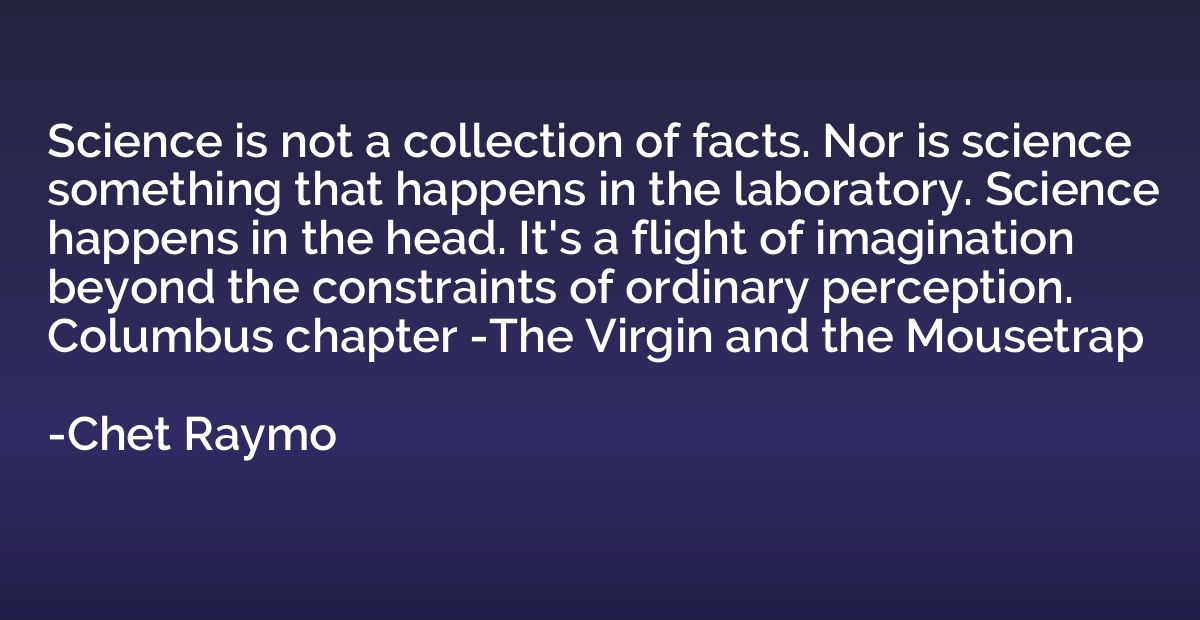Quote by C.S. Lewis
My own idea, for what it is worth, is that all sadness which is not either arising from the repentance of a concrete sin and hastening towards concrete amendment or restitution, or else arising from pity and hastening to active assistance, is simply bad; and I think we all sin by needlessly disobeying the apostolic injunction to 'rejoice' as much as by anything else.Humility, after the first shock, is a cheerful virtue.

Summary
This quote highlights the perception that all sadness, unless it stems from genuine remorse or compassion towards others, is essentially negative. The speaker suggests that unnecessary sorrow goes against the apostolic command to rejoice. They believe that humility, although initially unsettling, is a virtue that ultimately brings happiness. In essence, the quote urges individuals to find joy and gratitude in life’s challenges, rather than allowing themselves to be consumed by needless sadness.
Topics
Optimism
By C.S. Lewis














